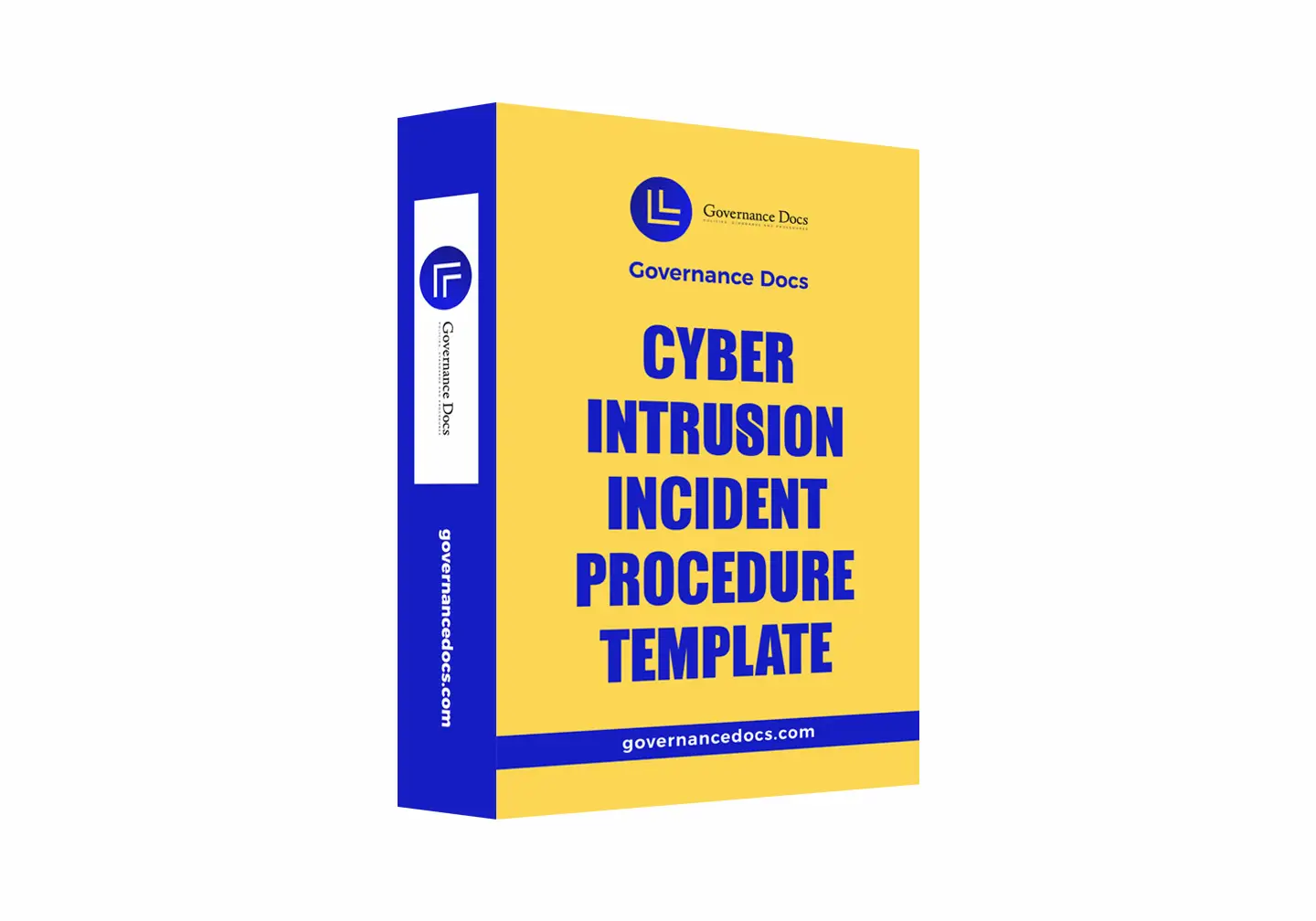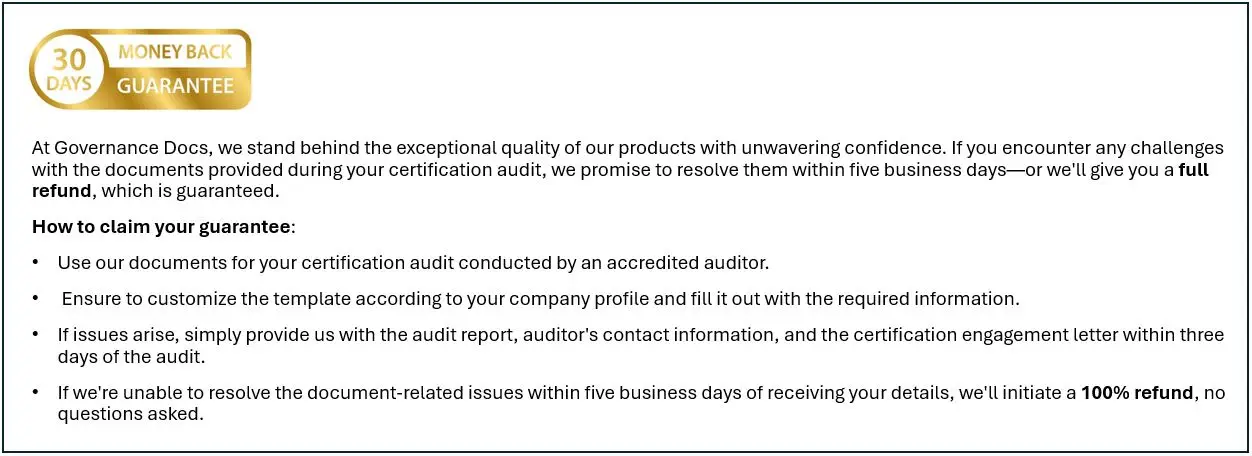Backup Policy
In the ever-evolving landscape of digital information, where data is the lifeblood of organizations, the Backup Policy emerges as a beacon of security and assurance. This policy is not just a set of guidelines; it is a fortress designed to protect the most sensitive and critical data—Protected Health Information (PHI). As organizations navigate the complexities of data management, the Backup Policy stands as a testament to their commitment to safeguarding information against the myriad threats that loom in the digital realm.
At its core, the Backup Policy is a meticulously crafted framework that ensures the secure backup of systems and data containing PHI. It is a product that transcends mere compliance, offering a robust solution that aligns with the stringent requirements of HIPAA and Information Security standards. The policy is a comprehensive guide that empowers organizations to implement a backup strategy that is both resilient and reliable, ensuring that data integrity is maintained even in the face of unforeseen disasters.
One of the key features of the Backup Policy is its emphasis on security. In an age where cyber threats are increasingly sophisticated, the policy outlines stringent measures to protect backup data from unauthorized access and breaches. It mandates the use of encryption technologies to safeguard data both in transit and at rest, ensuring that PHI remains confidential and secure. This focus on security not only protects sensitive information but also fortifies the organization’s reputation as a trusted custodian of data.
The Backup Policy also highlights the importance of regular testing and validation of backup systems. It provides detailed guidelines on conducting routine backup tests to verify the integrity and recoverability of data. This proactive approach ensures that organizations are not caught off guard during a crisis, as they can confidently restore their systems and data with minimal disruption to operations. By prioritizing regular testing, the policy instills a culture of preparedness and resilience within the organization.
Moreover, the Backup Policy is designed with scalability in mind. It recognizes that organizations vary in size and complexity, and therefore, offers flexible solutions that can be tailored to meet specific needs. Whether an organization is a small clinic or a large healthcare provider, the policy provides a scalable framework that can be adapted to fit their unique requirements. This adaptability ensures that all organizations, regardless of their size, can benefit from a robust backup strategy that protects their critical data.
The value proposition of the Backup Policy is clear: it is an indispensable tool for any organization that handles PHI. By implementing this policy, organizations not only comply with regulatory requirements but also gain peace of mind knowing that their data is protected against loss and corruption. The policy enhances operational efficiency by minimizing downtime and ensuring business continuity, ultimately leading to increased trust and confidence among stakeholders.
In conclusion, the Backup Policy is more than just a product; it is a strategic asset that empowers organizations to navigate the complexities of data management with confidence. Its comprehensive approach to security, testing, and scalability makes it an essential component of any information security strategy. As organizations continue to face the challenges of the digital age, the Backup Policy stands as a steadfast guardian of their most valuable asset—data.
All GovernanaceDocs documents are developed based on well-known standards such as NIST CSF, ISO 27001, ISO 22301, PCI-DSS and HIPAA.
Hence, You just need to download and selected document and add your company name and logo.










Reviews
There are no reviews yet